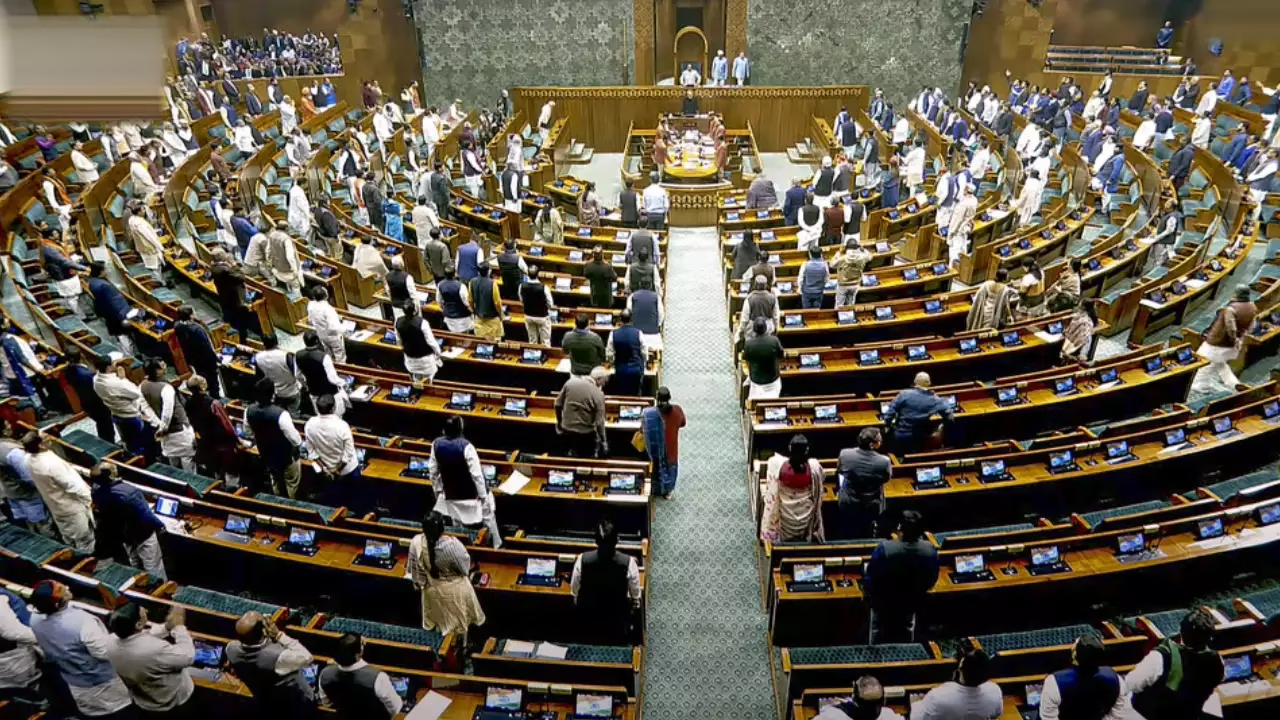Imran Khan, the Chairman of Pakistan Tehreek-e-Insaf (PTI), has firmly expressed his desire to remain incarcerated at Attock Jail, rejecting the proposed relocation to Adiala Jail in Rawalpindi. This decision comes in the wake of a recent court hearing concerning the cipher case in which Imran Khan is embroiled.
During the hearing, Imran Khan communicated his preference to his lawyer, Salman Safdar, stating his intention to stay at Attock Jail and instructing his legal counsel to withdraw the application seeking his transfer to Adiala Jail. The Islamabad High Court had previously issued an order for Imran Khan’s transfer to Adiala Jail, adhering to the standard protocol for detaining under-trial prisoners from Punjab in Adiala Jail.
Chief Justice Aamir Farooq of the Islamabad High Court emphasized that, as a former prime minister, Imran Khan should be afforded better living conditions while in detention, and his rights should not be infringed upon. The court raised questions about why an under-trial prisoner was being held in Attock Jail instead of Adiala Jail, in accordance with the established legal procedures.
Additional Attorney General Munawar Iqbal assured the court that Imran Khan’s rights would be fully respected, emphasizing that he should receive all the entitlements prescribed by jail regulations. However, conflicting reports from PTI lawyers arose regarding Imran Khan’s actual transfer to Adiala Jail, casting doubt on the process.
In response to the petition regarding Khan’s transfer, the Islamabad High Court issued a written order. The court clarified that, following the suspension of Imran Khan’s sentence in the Toshakhana case, he currently holds the status of an under-trial prisoner. According to the court’s ruling, only individuals convicted of crimes in Islamabad could be held in Punjab jails.
Previously, Imran Khan had been sentenced to three years in the Toshakhana case, and the trial court had initially ordered his detention in Adiala Jail. However, concerns about capacity and security led to his subsequent transfer to Attock Jail, a decision recommended by the inspector general of prisons.
The court further observed that, after the suspension of the Toshakhana sentence, Khan was rearrested in the cipher case. The Punjab additional advocate general expressed apprehensions regarding the security risks associated with relocating him back to Adiala Jail.
In accordance with the court’s written order, under-trial prisoners from all cases in Islamabad are traditionally held in Adiala Jail, while convicted prisoners can be transferred to Punjab jails. Recognizing his status as a former prime minister, the court acknowledged Khan’s entitlement to better detention conditions.
The situation surrounding Imran Khan’s incarceration continues to evolve, with ongoing discussions and legal proceedings. As the case unfolds, both Khan’s supporters and critics are closely monitoring developments to see how this situation will ultimately be resolved.



